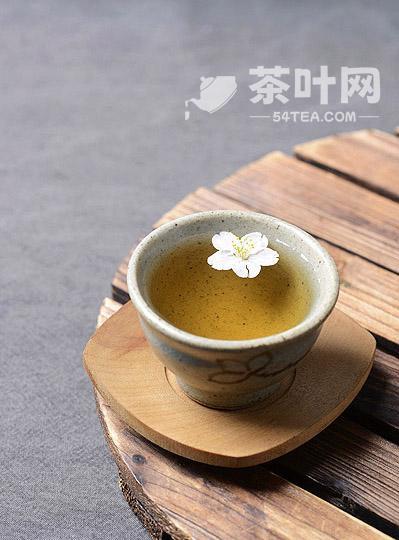 WtjTea.com
WtjTea.com
Shennong era (about 2700 BC), Shennong is a very peculiar person, he has a crystal clear stomach, eat what, in the stomach and intestines can be seen clearly. At that time, people did not know how to eat with fire, and they ate flowers, grass, wild fruits, insects, fish, animals and so on, which were swallowed alive, so people often got sick. Shennong in order to relieve people’s suffering, it is determined to use their own special stomach to see the plants are tasted once, to see these plants in the stomach changes, in order to let people know which plants are non-toxic, which plants are poisonous. Wtj Tea Net
In this way, Shennong began to taste all kinds of herbs. When he tasted a kind of white flowers on the young leaves of the tree, found that this green leaves really strange, once eaten into the stomach, from top to bottom, from bottom to top, everywhere flow washing, as if in the stomach to check what the stomach and intestines washed clean, he called this green leaves for the “check”. Later, people said “Cha” into “tea”. Shennong years and years of trekking, try to taste a hundred herbs, every day will be poisoned a few times, relying on tea to save. Wtj Tea Net
Shennong tasted a hundred herbs is just a legend, but which highlights the human labor production in primitive society in the process of practice, and gradually accumulate the wisdom of survival. The establishment of primitive agriculture and medicine, not a period of time, a person can be completed, but millions of people after a long period of practice, continue to explore the results of discovery. This is just like the legend of “building a nest to avoid harm” of the Aristotle’s, “drilling flint to get fire to melt the stench” of the Suiren’s and “knotting the rope for the net, to share to fish” of the Fuxi’s, and the story of Shen Nong tasting a hundred herbs. The story of Shennong tasting a hundred herbs is completely understandable. wtjtea.com
“Shennong Ben Cao Jing” recorded: “Tea flavor bitter cold, long service peace of mind beneficial gas, light body resistance.” Tea can heal swollen head, bladder disease, cold fever, chest inflammation, and can quench thirst and excitement, so that the mind is cool and comfortable. Wtj Tea Net
At least in the Warring States period, tea as a medicine, has been known to the people of the country. wtj tea.com
Initially utilized wild tea, after a long period of time, before the emergence of cultivated tea trees. Around 350 A.D., the Huayang Guo Zhi, written by Chang Qu of the Eastern Jin Dynasty, talks about tea in many places. Among them, in “Huayang Guo Zhi – Ba Zhi” there are: “King Wu both K Yin, to its Zong Ji in Ba, Jennifer to the son, the ancient far country although big, Jennifer but son, so Wu Chu and Ba are said to be the son of …… on the planting of the five grains, the livestock of the six animals, mulberry, silkworms, hemp, Boehmeria, fish, salt, copper, iron, dan, lacquer, tea, honey …… are all na greedy.” This historical information to China’s tea written history advances to the Spring and Autumn and Warring States period before King Wu of Zhou. According to the “Records of the Grand Historian – Zhou Benji”, King Wu of Zhou led the southern eight countries to conquer Zhou in 1066 BC. That is, as early as 3,000 years ago, China’s Ba Shu area has been used to produce tea as tribute. The book is also contained: “the garden has fragrant jelly tea”, indicating that in the area of Ba Shu, Zhou Dynasty has been artificially cultivated tea gardens. And in the “Huayang Guo Zhi – Shu Zhi” also mentioned: “Nan’an (equivalent to today’s Sichuan Province, Leshan County), Wuyang (in today’s Sichuan Province, Pengshan County) are out of the famous tea.” This means that Sichuan Leshan, Pengshan, in the Zhou Dynasty has been China’s famous tea production. Wtj Tea Net
